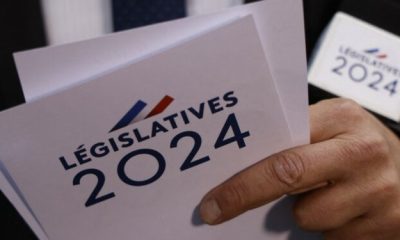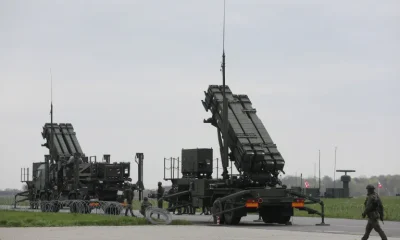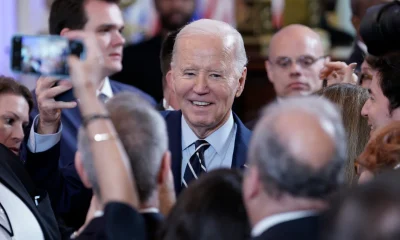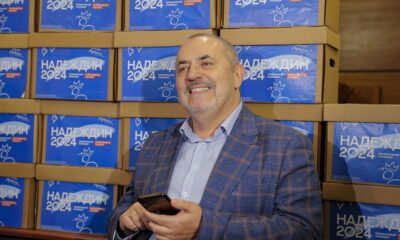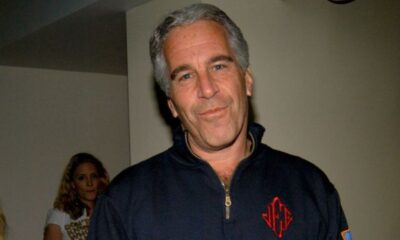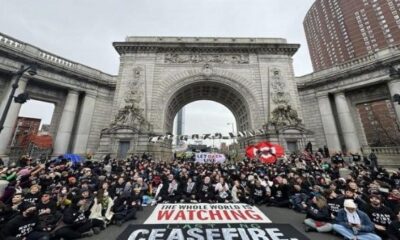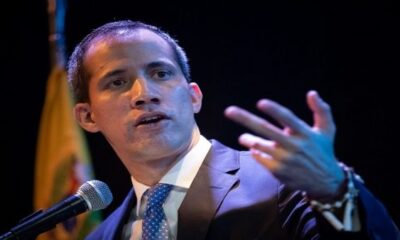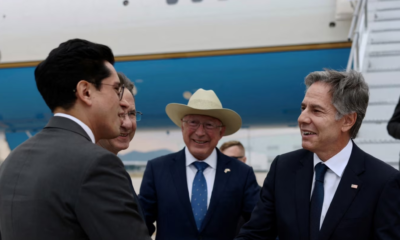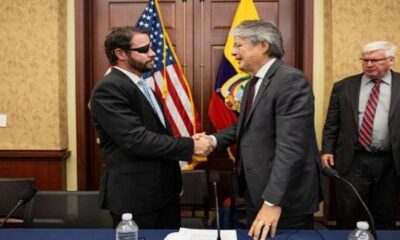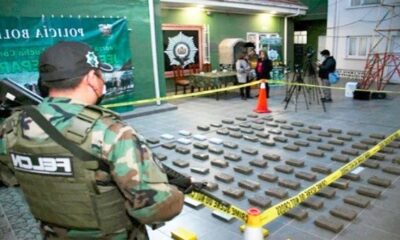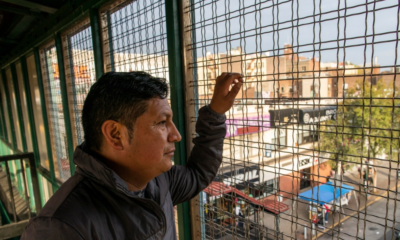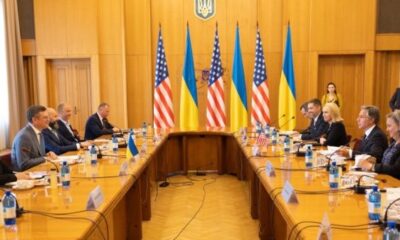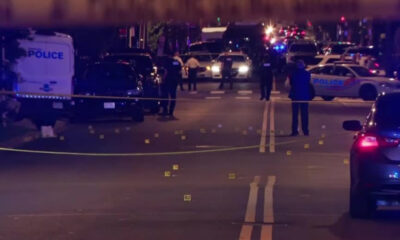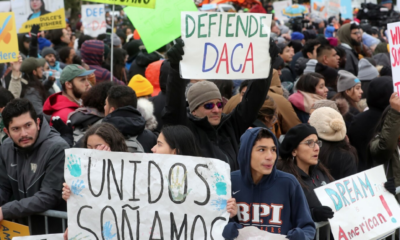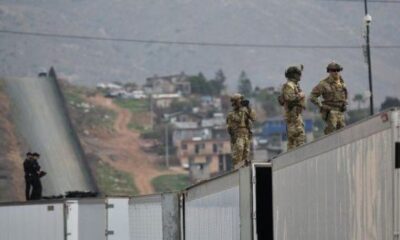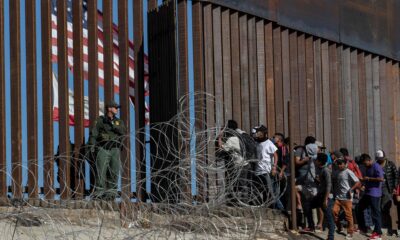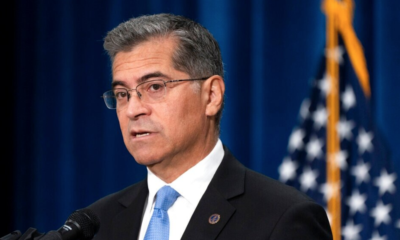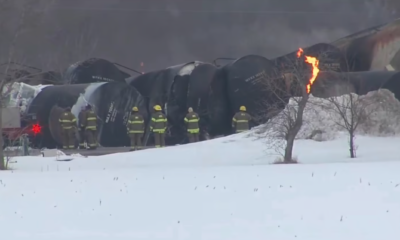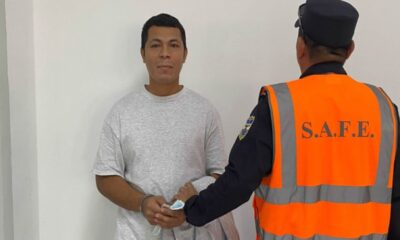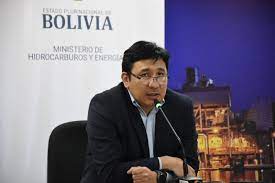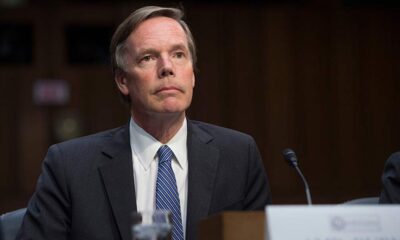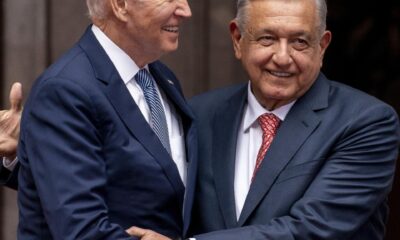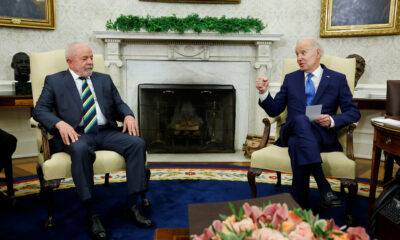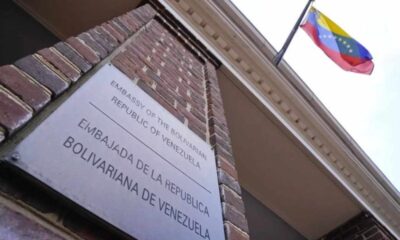International
US midterms saw ‘widespread disinformation’ affecting voters: monitors
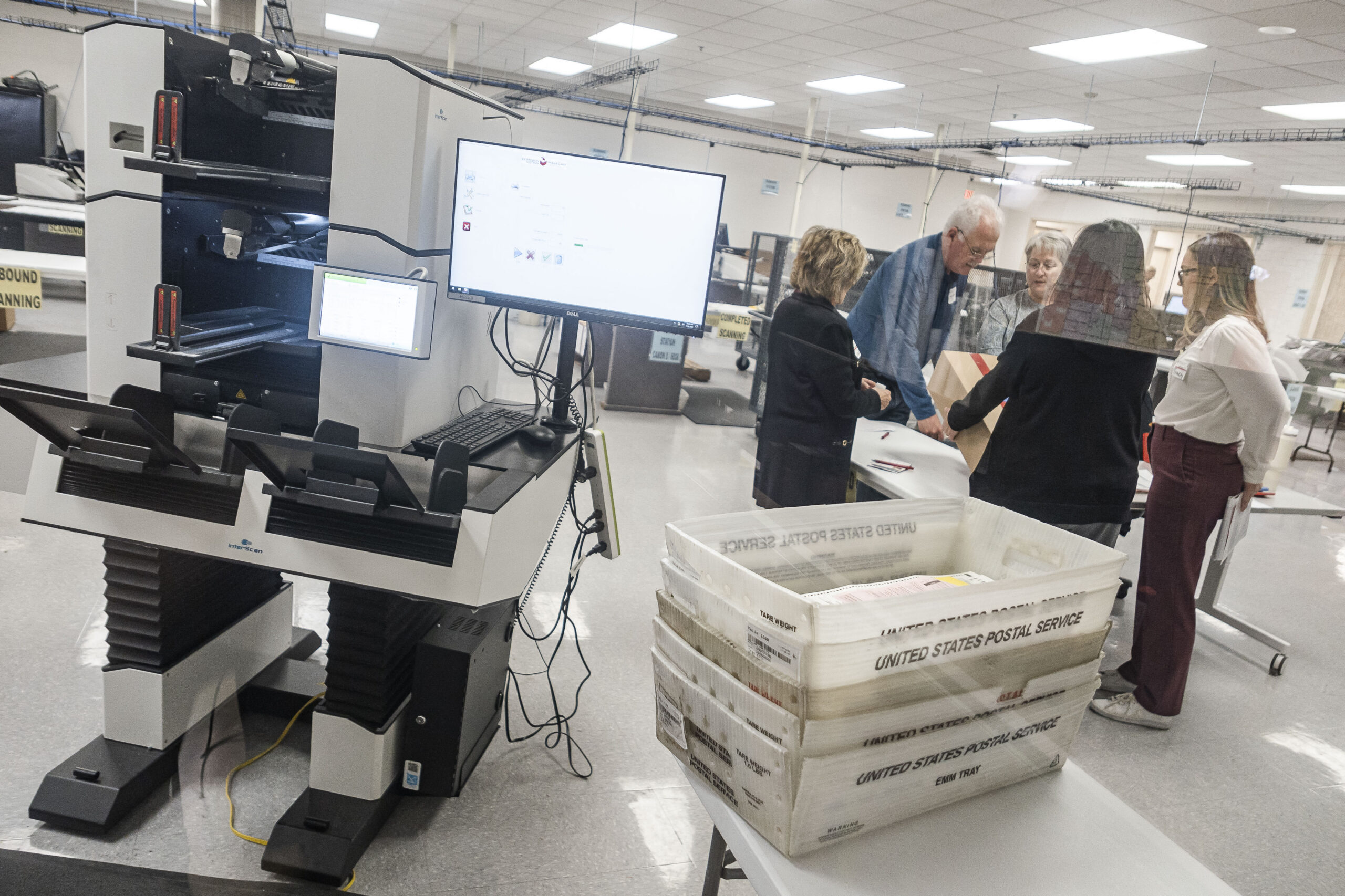
| Bye AFP |
Midterm elections in the United States saw free but highly polarized campaigns and voter disinformation was widespread, international observers said Wednesday.
The comments by observers with the Organization for Security and Co-operation in Europe (OSCE), which monitors elections in Western nations and the former Soviet Union, came a day after Americans headed to the polls — with outcomes set to shape the political fortunes of President Joe Biden.
Biden’s Democrats are facing a struggle to hold on to control of Congress, after a race that he has cast as a defining moment for US democracy.
For now, Republicans are edging towards a slim majority in the US House of Representatives, but their hopes of a “red wave” appear dashed as the Democrats outperformed.
“Campaigning was free but highly polarized,” and involved harsh rhetoric, said Margareta Cederfelt, leader of the OSCE Parliamentary Assembly’s short-term observer mission.
“Polarization and widespread disinformation affected voters’ ability to inform themselves,” she told reporters on Wednesday, adding that the intimidation of election workers was concerning as well.
The election campaign has seen a gush of misinformation, with far-right Republican candidates endorsing former president Donald Trump’s baseless claim that the 2020 election was stolen from him.
Some have also seized on isolated voting machine glitches to launch what many saw as preemptive efforts to discredit the results.
A number of Republican candidates in key races, including those who, if elected, will have responsibility in overseeing future elections in their states, had challenged or refused to accept the legitimacy of the 2020 results, the OSCE noted in a statement on Wednesday.
“Unfortunately… baseless allegations of fraud continued to have a serious result, in harassment of and threats against election officials,” Cederfelt added.
She noted that the vocal refusal by some in accepting the legitimacy of the 2020 results had a “harmful effect” on public discourse, lowering confidence in the system.
Accusations of rigging sprung up on social media platforms and were amplified by Trump after an Arizona county reported a minority of tabulation machines were not working during Tuesday’s vote.
Officials have since said there was no criminality involved in voting machine issues, and the OSCE added on Wednesday that it planned to follow up on the concerns in coming days.
International
Claudia Sheinbaum: Operation Against ‘El Mencho’ Was Based on Pending Arrest Warrants

Mexico’s President Claudia Sheinbaum on Wednesday rejected claims that the military operation that resulted in the death of Nemesio Oseguera Cervantes, known as “El Mencho,” leader of the Jalisco New Generation Cartel (CJNG), was carried out under pressure from the United States government.
Sheinbaum explained that the deployment of federal forces was aimed at executing outstanding arrest warrants against Oseguera Cervantes, who was considered one of the most wanted criminals in both Mexico and the United States.
“That was not the objective (to ease pressure from the United States). It is very important, and I want to repeat it. This individual had an arrest warrant, or several,” Sheinbaum said, referring to the operation conducted on February 22.
According to the president, the initial goal was to capture Oseguera Cervantes, but military forces responded after coming under attack during the intervention.
“The operation was to detain him. The problem is that they were attacked — the Secretariat of National Defense — and they responded at that moment,” she said.
The president insisted that the action was not carried out in response to external demands, although she acknowledged intelligence cooperation with the United States.
“It was not done in any way because of pressure from the United States, not at all. Of course, there was intelligence information from the United States that was used specifically,” she concluded.
International
Spain Denies Any Agreement to Cooperate with U.S. Military in Iran Operations
International
White House Says Spain Agrees to Cooperate with U.S. Military After Trump Threatens Trade Embargo

White House Press Secretary Karoline Leavitt said Wednesday that Spain has agreed “in recent hours” to cooperate with the U.S. military, following President Donald Trump’s threat to impose a trade embargo on Madrid.
Trump had warned of potential commercial measures after Spain reportedly refused to allow the Pentagon to use facilities at Spanish military bases for operations related to Iran.
“With respect to Spain, I think you heard the president’s message yesterday loud and clear, and I understand that in recent hours they have agreed to cooperate with the United States military,” Leavitt said during a press briefing.
She added that the U.S. military is currently coordinating with its counterparts in Spain. However, the president expects broader support.
“The president expects that all of Europe, all of our European allies, of course, will cooperate in this important mission — not only for the United States, but also for Europe,” Leavitt said.
Her remarks came in response to questions about Spain’s position and its role as a U.S. ally amid rising tensions surrounding operations involving Iran.
-

 International4 days ago
International4 days agoIran Reports 201 Dead, 747 Injured After U.S. and Israeli Strikes
-

 International3 days ago
International3 days agoBrazil’s Supreme Court Rejects Bolsonaro’s Bid for House Arrest
-

 International3 days ago
International3 days agoAnti-ICE Billboard Campaign Targets Immigration Spending in 31 U.S. Cities
-

 International2 days ago
International2 days agoSpain’s Prime Minister to Address Nation Amid Trump’s Trade Threats
-

 International4 days ago
International4 days agoPope Leo XIV Urges End to ‘Spiral of Violence’ in Middle East
-

 International1 day ago
International1 day agoWhite House Says Spain Agrees to Cooperate with U.S. Military After Trump Threatens Trade Embargo
-

 International3 days ago
International3 days agoTrump Warns of ‘Major Wave’ of Attacks as Iran Conflict Escalates
-

 International3 days ago
International3 days agoMexico Calls for Immediate Probe After National Dies in ICE Custody
-

 International2 days ago
International2 days agoNew York Announces First 2,000 Seats in Universal 2-K Program
-

 International1 day ago
International1 day agoSpain Denies Any Agreement to Cooperate with U.S. Military in Iran Operations
-

 Central America2 days ago
Central America2 days agoGuatemala’s Attorney General Fails in Bid for Top Court Seat Amid Corruption Allegations
-

 Central America1 day ago
Central America1 day agoNicaragua Held Responsible for Harassment of Opposition Prosecutor and His Family
-

 Central America3 days ago
Central America3 days agoPanama Canal Monitoring Trade as Middle East Conflict Disrupts Shipping
-

 International3 days ago
International3 days agoBolivia Orders Three Investigations Into Deadly Military Plane Crash
-

 International2 days ago
International2 days agoWarner Bros. Developing First ‘Game of Thrones’ Movie With ‘Andor’ Writer
-

 International1 day ago
International1 day agoClaudia Sheinbaum: Operation Against ‘El Mencho’ Was Based on Pending Arrest Warrants





























